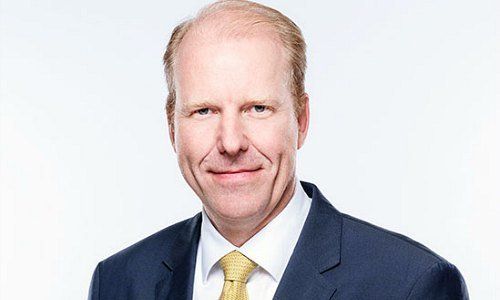Wealth managers have to change their focus due to a shift in what their customers demand. Digitization can lead to a higher degree of complexity, Olaf Toepfer, managing partner at EY, tells finews.com in an interview.
Olaf Toepfer, which is the most promising business model in wealth management?
There is no such thing: the business model of a successful wealth manager always depended on different factors. And that will remain the case in future: in which region is the wealth manager active, which customer segment does he cater for, how far and in which form does the company integrate other segments such as asset management or investment banking, how deep is the vertical integration, and is the setup global or regional. The fragmentation of wealth management providers is still very high – and thus the diversity of business models.
What is the main reason for the fragmentation?
The main reason are the different demands of the customers. But technology also plays a role in the differentiation of business models. A central question for wealth managers today is, what added value do I provide in future: advice and the development of complex solutions, an efficient asset allocation and/or individual investment opportunities?
«Customers have more power in the value creation chain»
The biggest providers will attempt to develop a global platform for their own business and third parties. This in turn will allow for small, specialized institutes in wealth management.
In other words, more fragmentation?
A global market leader in wealth management entails the strategic goal of a platform with the full depth of the value chain at the customer front. Whole parts of the value chain are isolated from your own business model and bought from some other provider: the service commitment in future will be more defined in terms of vertical integration.
In the industry, the theme of the past ten years has been a change from product-oriented business to customer-orientation. How successful has the change been?
First of all, a great deal of private banks are strongly customer-oriented. But it is correct to say that over the decades, global financial-services firms have built their business models in a product-based fashion. And with good reason: there was a strongly rising demand for financial services and not just in wealth management.
The context has changed and apart from the regulators, customers have increasingly more power in the value creation chain.
Client centricity, which banks are boasting about, is mere PR?
- Page 1 of 3
- Next >>































